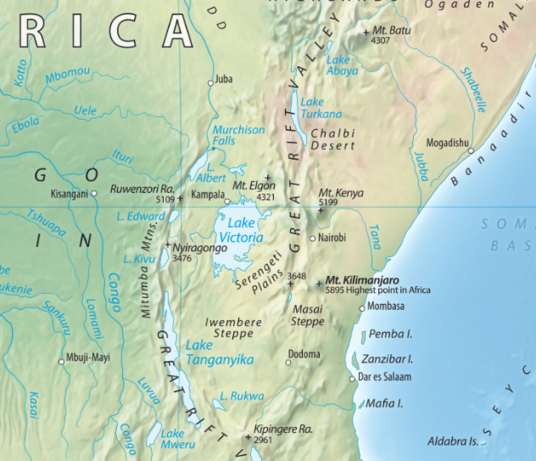
P140_Nigeria
Dextromethorphan (DM) Abuse and Male Infertility – A Pilot Exploration into Potential Epigenetic Modulation
Cooperating countries: Nigeria and Austria
Coordinating institution: University of Lagos, Stella Chinwe Gbotolorun, sgbotolorun@unilag.edu.ng
Partner institution: Medical University of Vienna
Project duration: 1 Septemer 2024 - 31 August 2026
Budget: EUR 19.186
Abstract:
Male-factor infertility in Nigeria is a pressing public health concern. With male infertility rates ranging from 40% to 93% in particular regions, it is evident that this issue necessitates comprehensive investigation. The frequent abuse of dextromethorphan (DM), a prevalent over-the-counter antitussive, emerges as a potential contributing factor to male infertility. In high doses DM is leading to dissociative hallucinogenic effects, similar to LSD or ketamine, emphasizing its misuse as a significant health concern.
DM acts as a serotonin reuptake inhibitor and has been linked to sperm DNA fragmentation, suggesting potential correlation between DM abuse and male-factor infertility. Serotonin reuptake inhibitors alter sperm DNA integrity and reduce testosterone levels, crucial factors affecting sperm motility and fecundity. Importantly, recent studies show that DM influences epigenetic modifiers leading to aberrant histone methylation during microglial cell activation. However, the impact of DM on the epigenome of sperm has not been investigated.
This pilot study aims to explore whether the observed DNA damage goes along with DNA methylation changes in sperm, elucidating the epigenetic mechanisms potentially involved in male-factor infertility and potential epigenetic inheritance with detrimental outcome to the offspring. Investigating this intricate relationship will contribute valuable insights into the multifaceted causes of male infertility, with potential implications for public health policies and interventions aimed at mitigating the rising rates of male-factor infertility in Nigeria and globally.
This project will be a close collaboration with UNILAG and MedUniWien. It will foster regular meetings and exchange of knowledge and methods amongst the scientists in both institutions. Furthermore, it will allow the organization of an epigenetic workshop at UNILAG open to students and faculty.